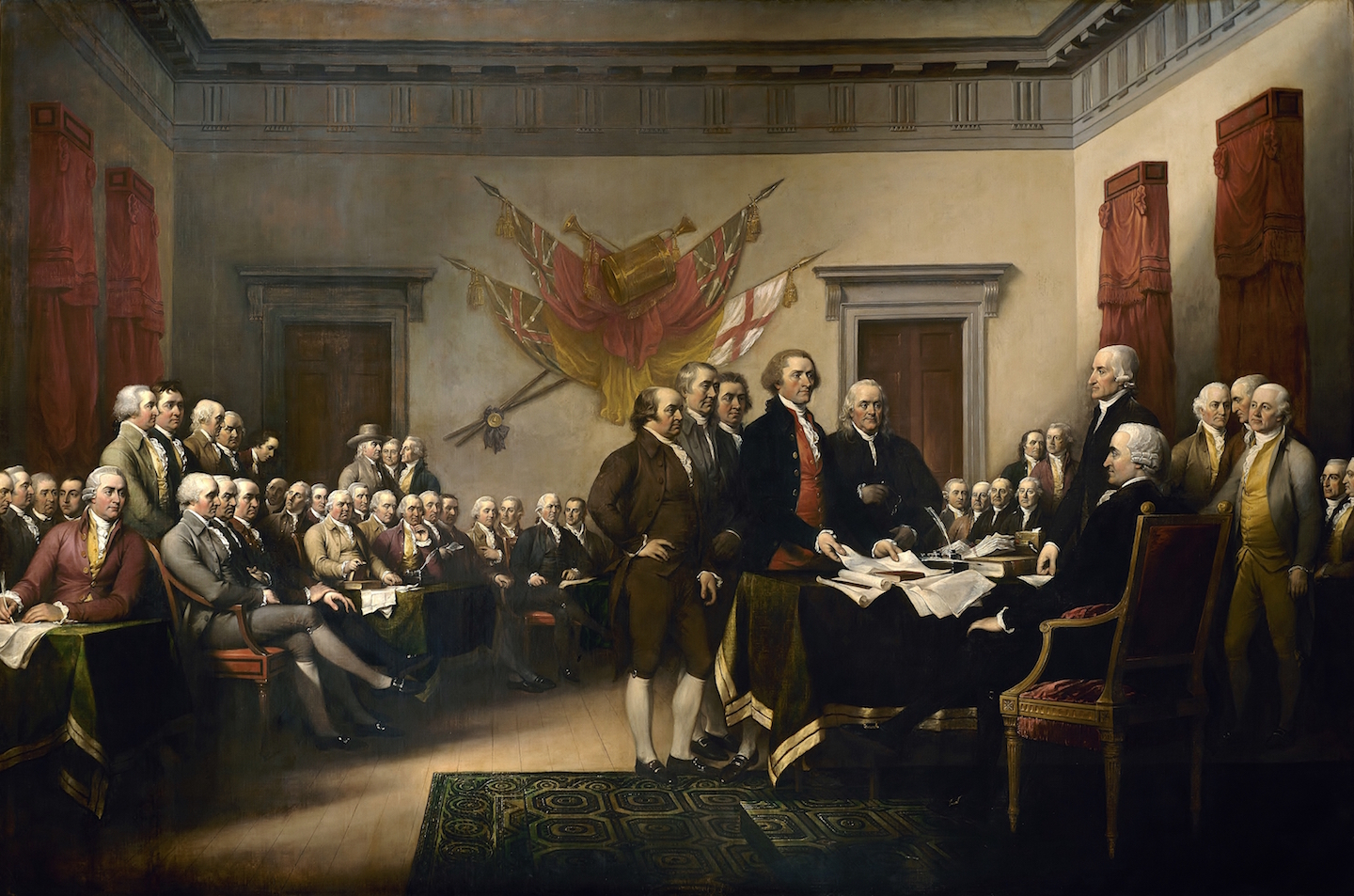
Advertisement
Constitutional rights do not apply to American citizens when they’re abused by US intelligence officials on foreign soil, a federal appeals court ruled in late October. The ruling was issued after an American citizen tried to sue the FBI, claiming they “falsely imprisoned and tortured him for several months in Africa.”
New Jersey resident Amir Meshal was traveling in Mogadishu, Somalia, in 2006 to “broaden his understanding of Islam” when the region erupted into violence, prompting he and other civilians to flee to neighboring Kenya, where he was subsequently arrested by authorities and turned over to the FBI, reports Associated Press.
The U.S. Court of Appeals for the District of Columbia Circuit ruled 2-1 that he cannot take legal action against the accused FBI agents, and based their ruling on the fact that Meshal’s allegations of misconduct occurred overseas and “during a terrorism investigation.”
If the word “terrorism” is mentioned, your constitutional rights don’t apply
Overseeing the case, Judge Janice Rogers Brown upheld a lower court decision that threw out Meshal’s case last year, stating: “Matters touching on national security and foreign policy fall within an area of executive action where courts hesitate to intrude absent congressional authorization.”
Meshal’s lawsuit, which was filed by the American Civil Liberties Union, alleges that U.S. officials secretly imprisoned him for months after they sent him back and forth between Somalia and Ethiopia, Associated Press reports.

“He says FBI agents accused him of receiving training from al-Qaida and subjected him to harsh interrogations while denying him access to a lawyer, his family or anyone else. He was released in May 2007 with no explanation, according to the lawsuit.”
It appears, based on the judge’s ruling, that constitutional rights do not apply to Americans overseas, as long as “terrorism” is involved.
“While law enforcement officials can be sued for violating a person’s constitutional rights, Brown said courts have been hesitant to allow such lawsuits in cases ‘involving the military, national security, or intelligence.’ Those concerns are heightened when the conduct takes place outside the United States, she said,” reported Associated Press.
The fact that Meshal is a U.S. citizen does not outweigh the court’s reluctance to interfere with matters of national security, Brown said.
Unwilling to make the decision themselves, the courts passed the burden to Congress, saying it’s up to them to determine the consequences for US intelligence officials accused of committing abuse abroad.
“Judge Brett Kavanaugh agreed with Brown, but wrote separately to stress that it’s up to Congress, not the courts, to decide whether U.S. officials can be sued for conduct in foreign countries ‘in connection with the war against al Qaeda and other radical Islamic terrorist organizations.’”
However, another judge named Cornelia “Nina” Pillard argued in defense of Meshal, saying that “the government had not supported its claims that allowing the lawsuit would undercut national security and diplomatic relations,” reported Associated Press.
“When the government reaches out to punish a citizen who is abroad, the shield which the Bill of Rights and other parts of the Constitution provide to protect his life and liberty should not be stripped away just because he happens to be in another land,” Pillard added.
Based on the court’s ruling and subsequent statements, it appears that they’re more concerned with protecting “sensitive information” regarding “national security threats in Africa,” and ongoing U.S. intelligence gathering in the region.
Obviously dissatisfied with the ruling, Meshal and his attorneys are considering an appeal. Meshal’s lawyer, Jonathan Hafetz, said in a statement that he was disappointed by the ruling, “which recognizes the gravity of Mr. Meshal’s allegations of unlawful detention and abuse but denies him any remedy.”
Source:
Submit a correction >>
This article may contain statements that reflect the opinion of the author
Advertisement
Advertisements















